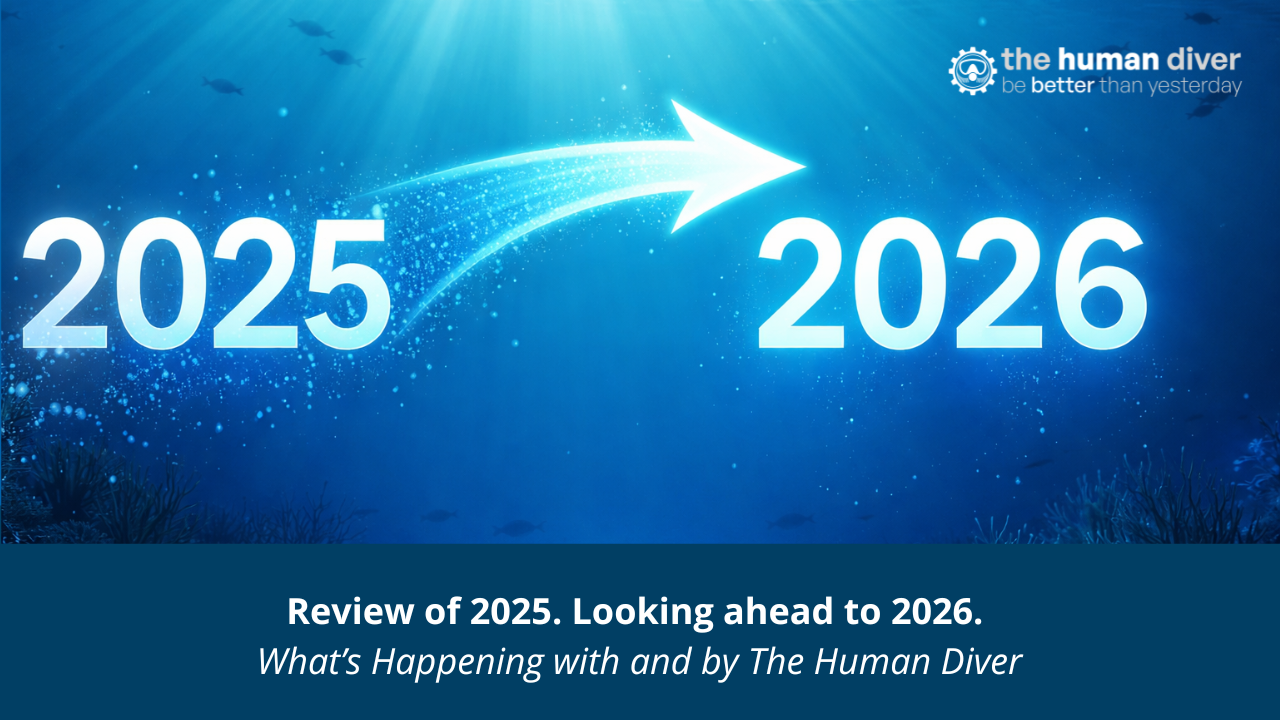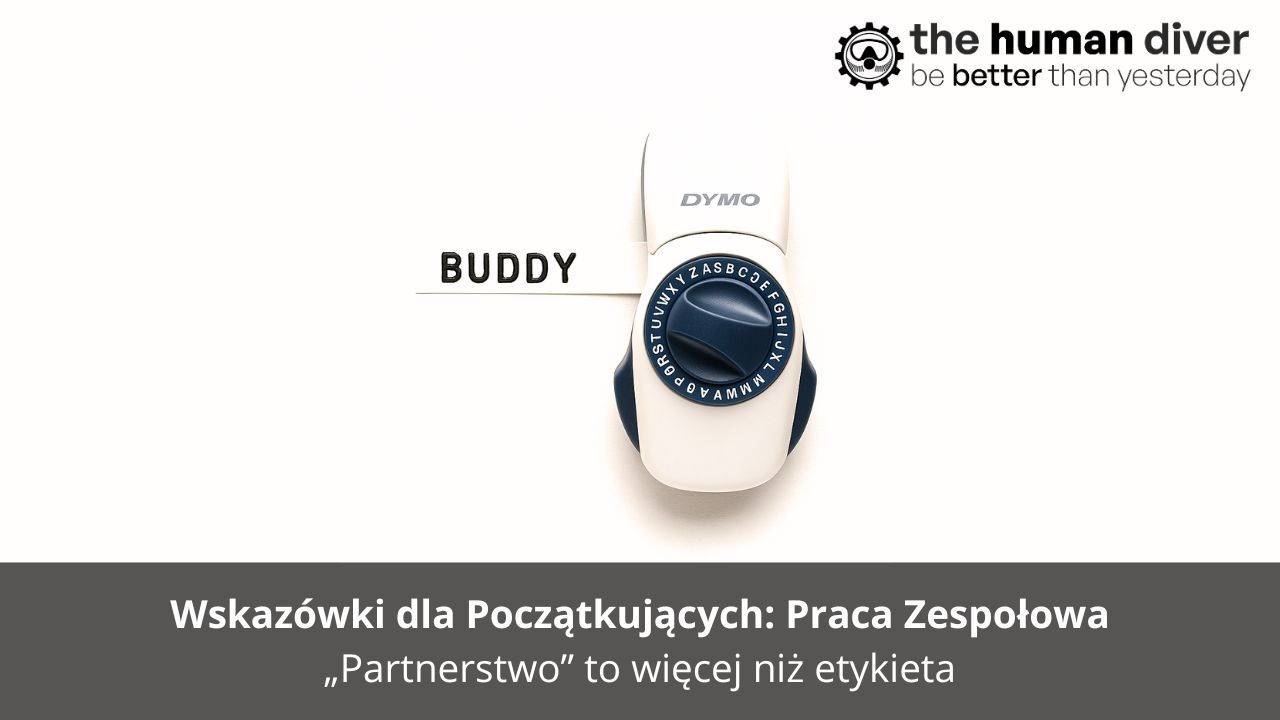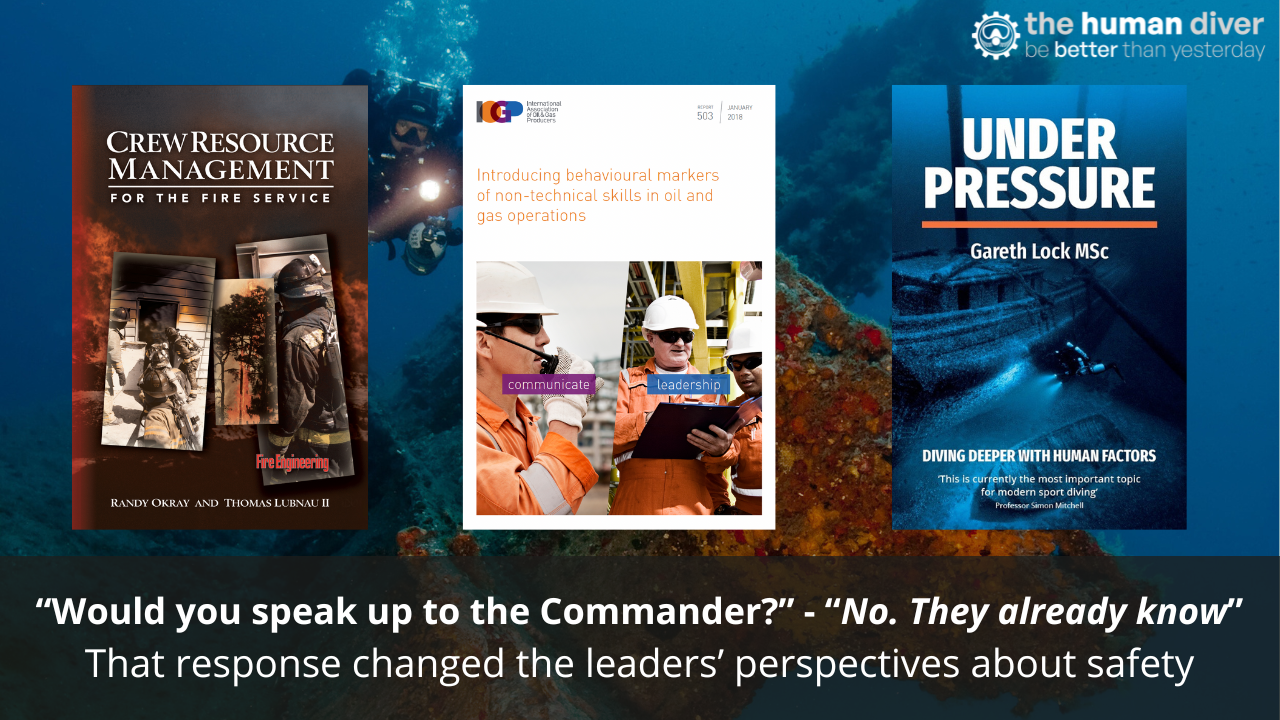
Illusory Truth Effect
May 22, 2024My favourite fact comes from the book The Salmon of Doubt by Douglas Adams. In it, he states that “young sloths are so inept that they frequently grab their own arms and legs instead of tree limbs, and fall out of trees”. I love this fact and have repeated it often to many people. I believed it absolutely…..until I found out it wasn’t in the slightest bit true. At first I refused to believe something that created such a fantastic picture in my head wasn’t actually real (see my blog on the backfire effect here). I’d heard this fact repeated by other people, I’d seen it on websites and even heard it on a documentary, so surely it had to be true? It turns out I was suffering from the Illusory Truth Effect. This is where we believe something to be true because we have heard it repeated, especially if it seems likely or feels familiar. The more we hear it, the more likely we are to believe it. In fact, one of the weirdest aspects of this effect is that even when something is repeatedly stated as being incorrect, we still feel like it’s correct because we have heard it often. This effect was first explored in 1977 but since then numerous studies have been conducted that have proved it. One recent study looked into it with regards to social media and fake news and found that repeated stories can even induce false memories.
Many people nowadays are familiar with echo chambers within social media, that is where the algorithms that dictate what we see are fed by what we choose to look at, so the more we look at ZZ football club (for example), the more we will be fed pages to look at about ZZ football, other “friendly” football clubs and ZZ football club discussion groups. This makes us even more likely to look at these pages as they align with our interests. Not much of a problem if we’re only looking at football, more of a problem when we start looking at something divisive, such as politics.

I had a discussion with a friend the other day who swore that the UK was suffering a huge violent crime epidemic because she had seen lots of news reports about it. A quick Google search showed that actually violent crime in the UK has reduced considerably in the last few years. The reason they thought it was true is because their favourite news sources were always mentioning it. When we hear the same fact being repeated by different people, we are very likely to believe it.
So how can we avoid it, and what does this have to do with diving?
The first answer is getting more and more difficult in this age of social media echo chambers. We can be aware of the effect of repeated information but unless we are able to verify its accuracy ourselves, it’s easy to believe what we read/are told. Of course, we can’t fact check every single piece of information we come across. But moderating our sources can help. Reading about the same story in The Guardian and The Daily Mail, or Fox News and CNN will give two very different opinions and help balance out the echo chamber. You may agree more with one or the other but by consuming both the algorithms that drive social media will give you a more balanced news feed.
As for diving, we are also prone to hearing the same bits of information, especially if we have limited input. This is also true for “common knowledge” and why it can be difficult to change things. When I learnt to dive, the majority of people were taught on their knees and I was told that’s how the instructor maintains control. That made sense to me- it seemed likely that there was no other way to make sure beginners were safe. I heard this repeated often, so that fact stuck in my brain. When someone suggested that it was possible to learn neutrally buoyant, it went against what I knew to be true. However, after I had heard this new fact repeated often, it then seemed if not likely, at least conceivable. The same goes with a half turn back on a valve, and learning in a long-hose and wing vs octo and BCD set up. Of course, hearing something that goes against what you strongly believe doesn’t always change your mind (again, the blog on the backfire effect linked above explains that) but it’s likely that it may start you questioning it.

Summary
The illusory truth effect can plant incorrect information in our brains so we need to be aware of its existence, but that isn’t going to stop it from affecting you. The only thing we can do is question facts or information, especially if it backs up something we already believe to be true or correct. We will automatically question things that feel wrong, so this takes more mental effort. But by actively seeking out things that make us feel uncomfortable, that’s when we learn the most.

Jenny is a full-time technical diving instructor and safety diver. Prior to diving, she worked in outdoor education for 10 years teaching rock climbing, white water kayaking and canoeing, sailing, skiing, caving and cycling, among other sports. Her interest in team development started with outdoor education, using it as a tool to help people learn more about communication, planning and teamwork.
Since 2009 she has lived in Dahab, Egypt teaching SCUBA diving. She is now a technical instructor trainer for TDI, advanced trimix instructor, advanced mixed gas CCR diver and helitrox CCR instructor.
Jenny has supported a number of deep dives as part of H2O divers dive team and works as a dive supervisor and safety diver in the media industry.
If you'd like to deepen your diving experience, consider taking the online introduction course which will change your attitude towards diving because safety is your perception, visit the website.
Want to learn more about this article or have questions? Contact us.










